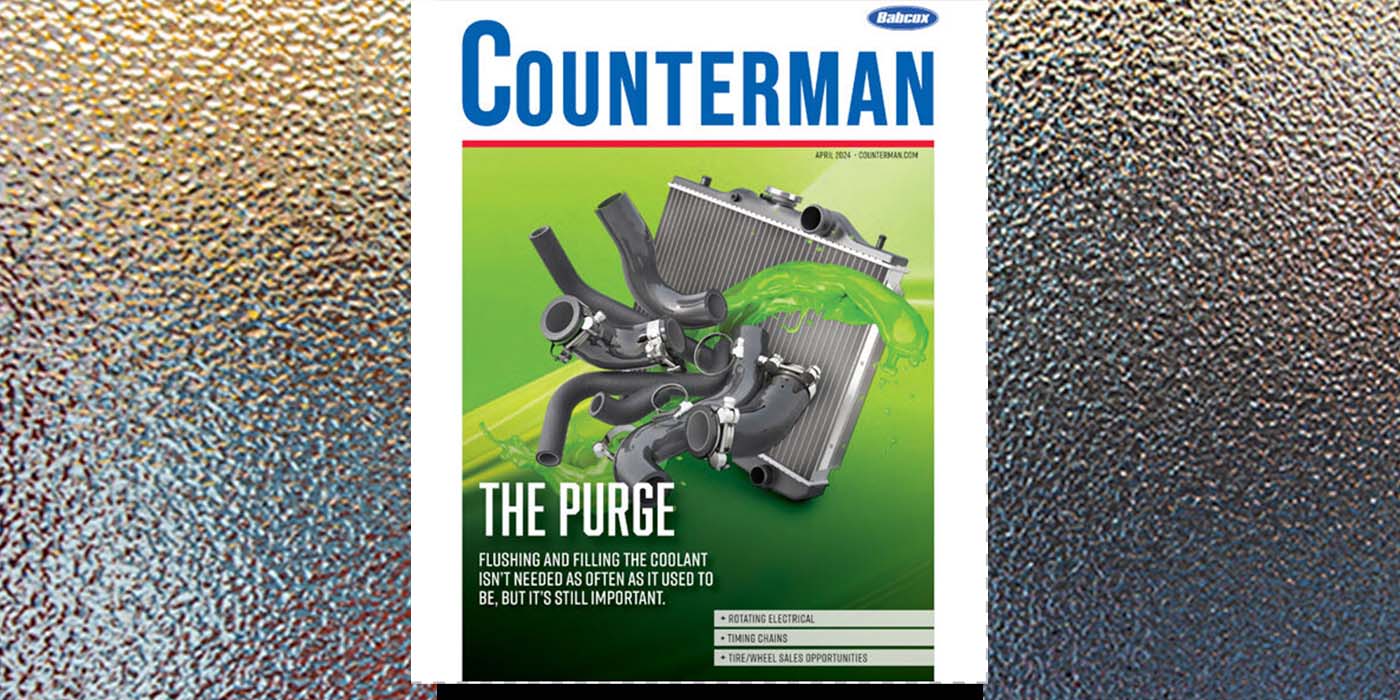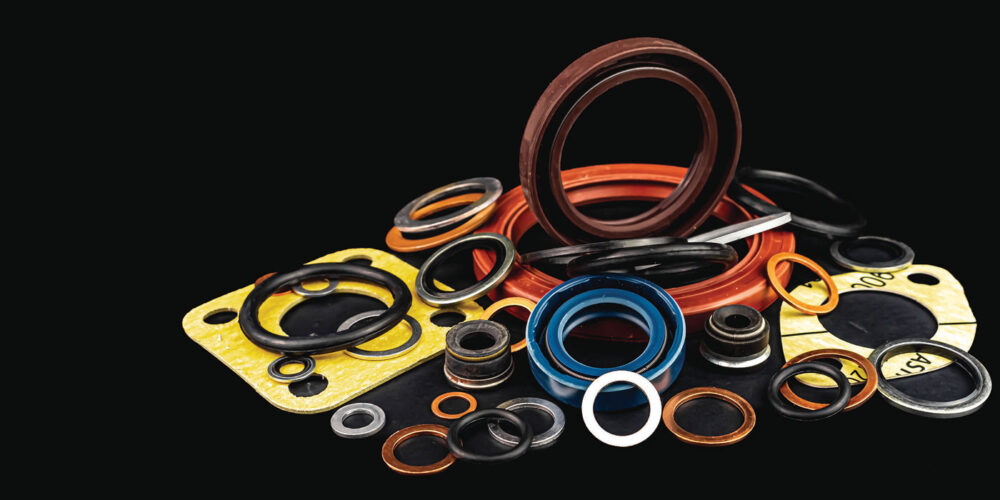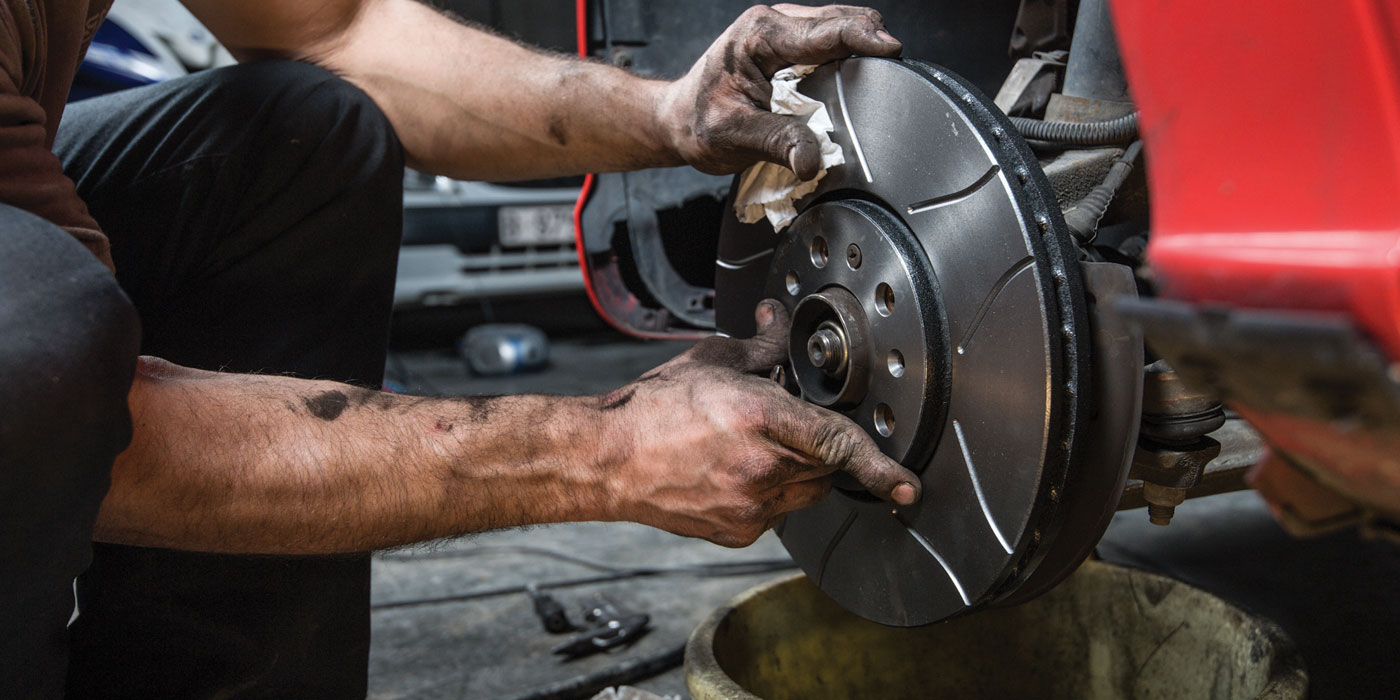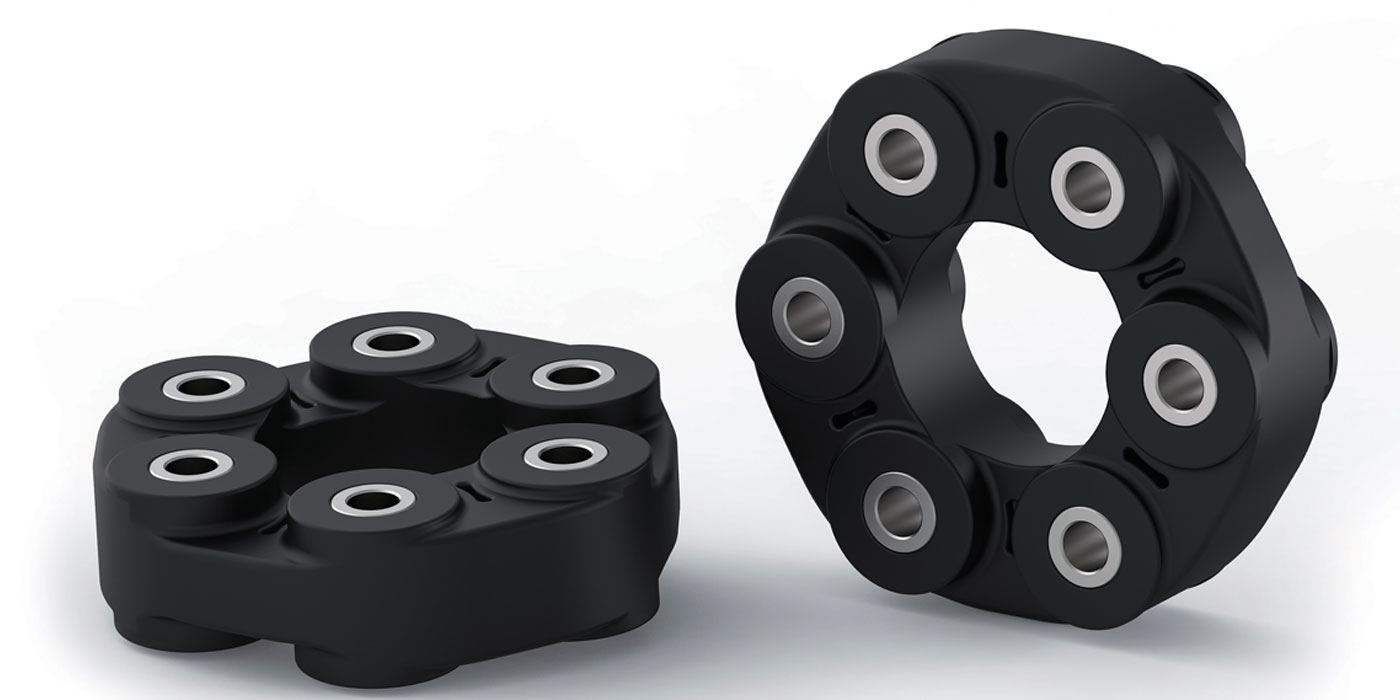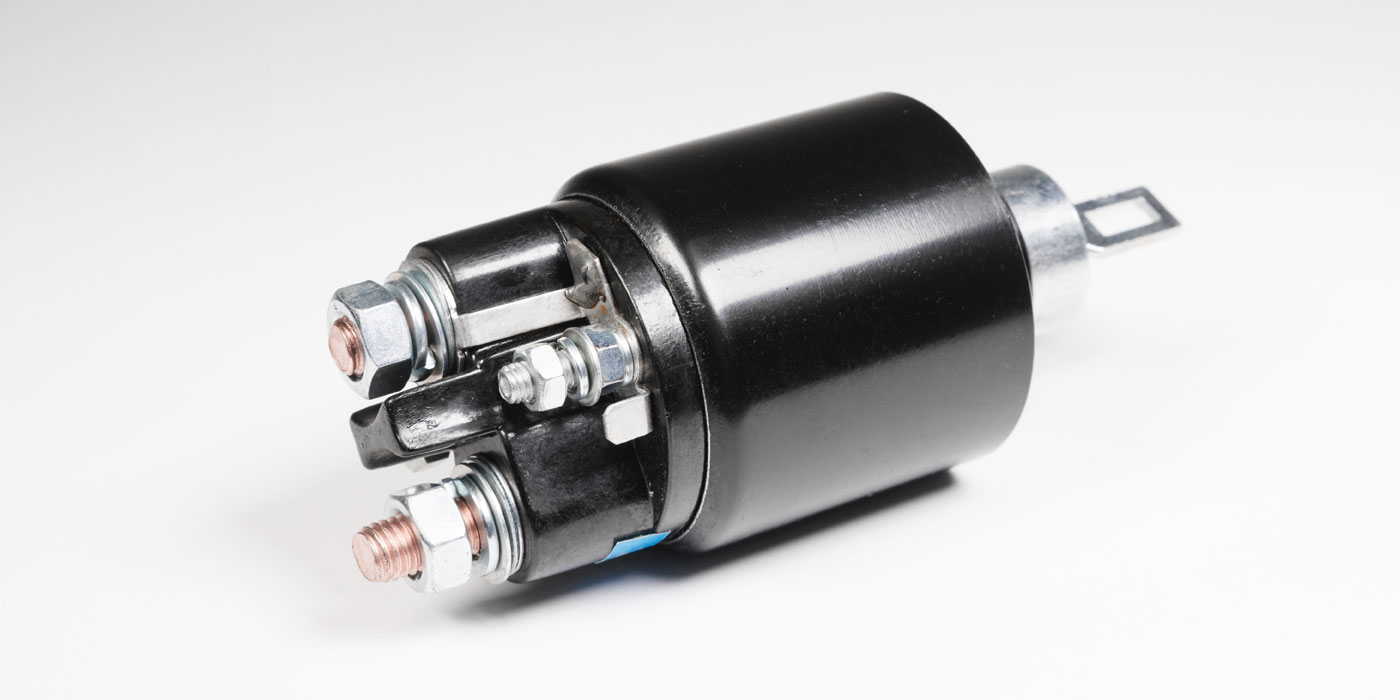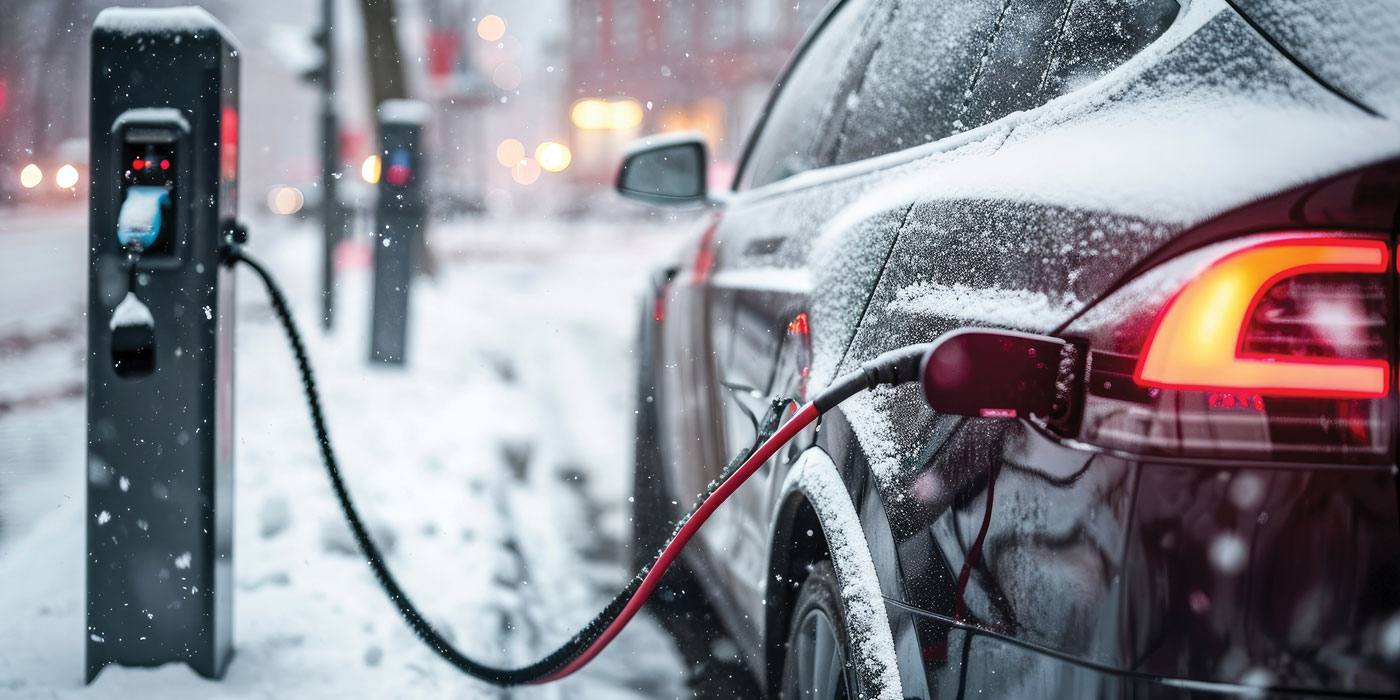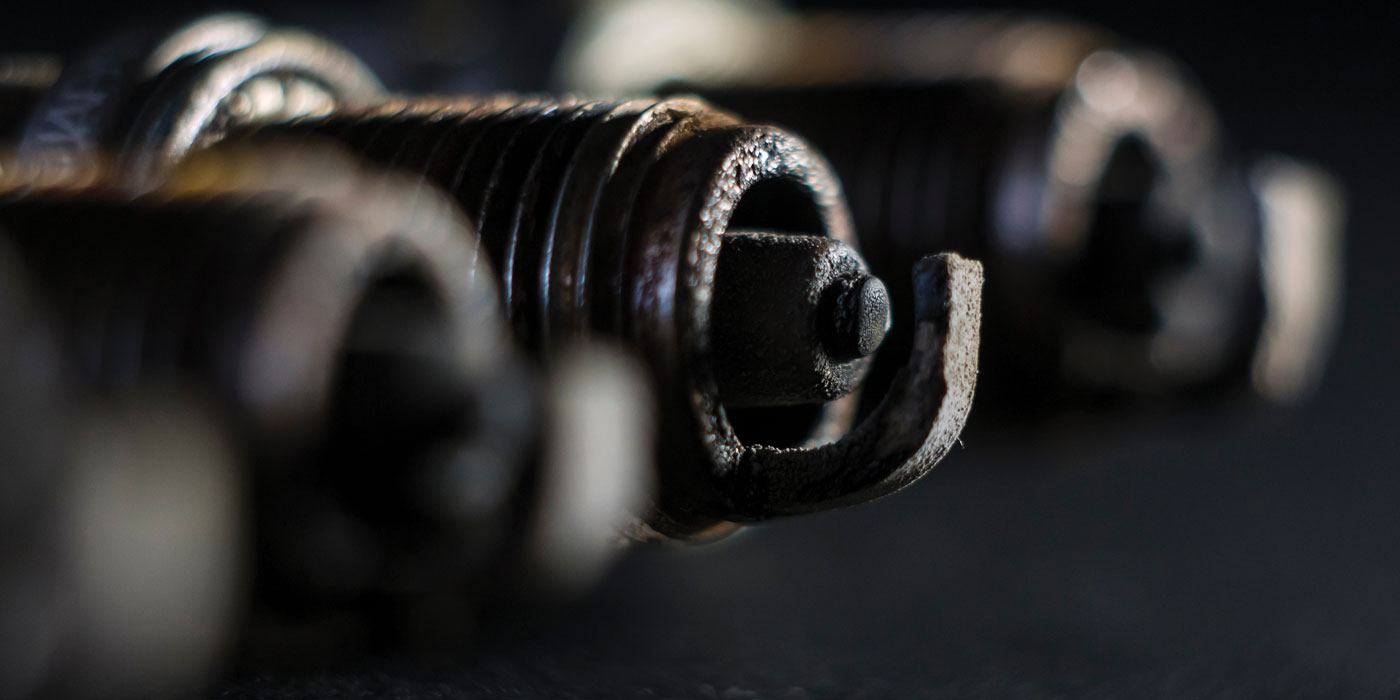Q. Is it necessary to use some type of diesel fuel treatment in diesel-powered pickup trucks and cars?
A. The vehicle manufacturers all say diesel fuel conditioner treatments are not required. However, most diesel technicians will tell you that using a diesel fuel conditioner on a regular basis can greatly reduce the risk of fuel-related problems caused by moisture in the fuel, cold weather and lack of lubricity in modern low-sulfur diesel fuels.
Diesel fuel contains paraffin that can form wax crystals and clog the fuel line and filter when the temperature drops below the fuel’s “cloud point,” which can range from -10 degrees F up to 40 degrees F depending on the grade and blend of the fuel. Diesel fuel conditioners typically lower the “cold flow pour point” 30 to 40 degrees, which can reduce the risk of waxing and a no start caused by fuel gelling.
Water contamination in diesel fuel can also cause problems, including rust, abrasion wear inside the high-pressure fuel injectors, loss of performance and microbial growth in the fuel tank. Diesel fuel line filters include a fuel/water separator to get the water out, but the separator doesn’t protect the fuel in the tank. So an additive that disperses water can help protect the entire fuel system from water.
Additives can also make up for lost lubricity in low-sulfur fuels, and boost the cetane rating of the fuel several points for more power and fuel economy. Most additives also contain cleaners to keep the fuel injectors clean.
Some diesel fuel conditioners are designed for year-round use, while others are for winter use only. And if a fuel line has gelled, there are also additives that can “thaw” out the line by dissolving the wax crystals.
Q. Are fuel additives needed with today’s gasolines?
A. It depends on the quality of gasoline the vehicle owner is using. The EPA sets minimum levels for fuel system cleaners that gasoline retailers must follow to keep fuel injectors clean. But critics have said the minimum levels are too low for many vehicles. What’s more, some retailers cut costs by reducing the amount of fuel cleaning additives in their regular grade fuels (premium often contains higher levels of additives).
Gasoline retailers that subscribe to the “Top Tier” voluntary standards for fuel system additives use significantly higher concentrations of detergents and other cleaners to keep engines clean. But if a vehicle owner has not been using a Top Tier fuel (Union 76, Chevron, Conoco, QuikTrip, Phillips 66, Shell or Texaco), they may need to use a fuel injection cleaning additive to keep their fuel injectors and engines clean. “All vehicle manufacturers have recommended maintenance practices, besides changing the oil, for your vehicle,” said Chris McKenzie, director of marketing for Penray. “In the owner’s manual, they describe these services and the prescribed intervals to have them performed. This simple set of guidelines is the perfect cost-effective method for vehicle maintenance.”
Some fuel system cleaners are formulated to prevent the accumulation and buildup of varnish and carbon deposits in injectors, intake valves and combustion chambers. These kind of products can be used at every fill up, or as recommended by the product supplier. Other fuel system cleaning products are formulated to remove deposits that are already there to restore performance and fuel economy. These are usually one-time treatments, or may be recommended every oil change (3,000 miles) to clean the fuel system.


